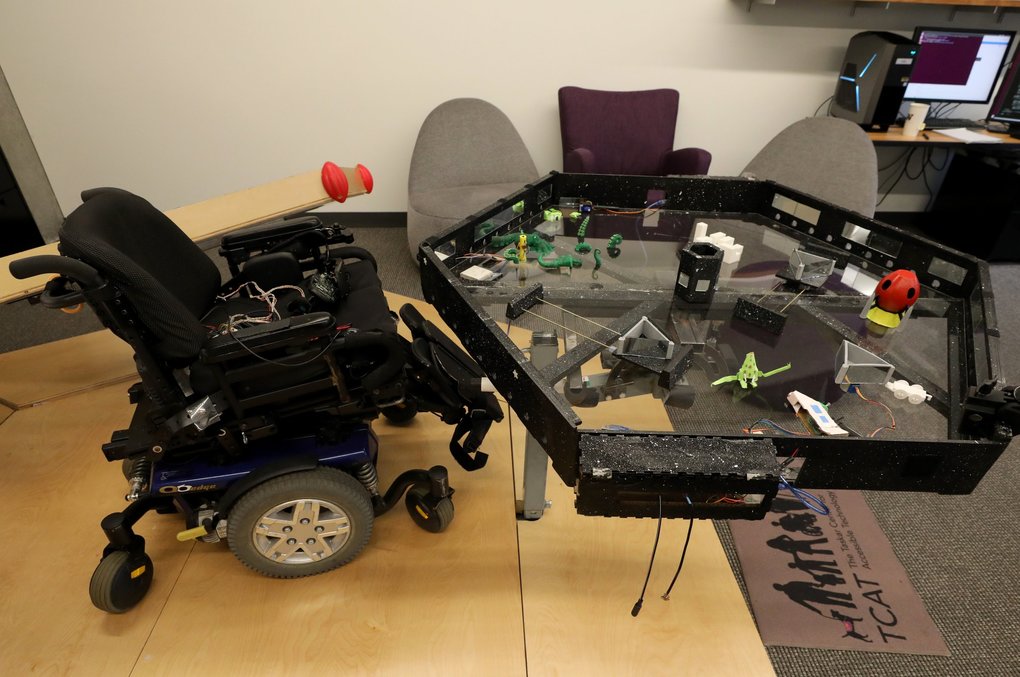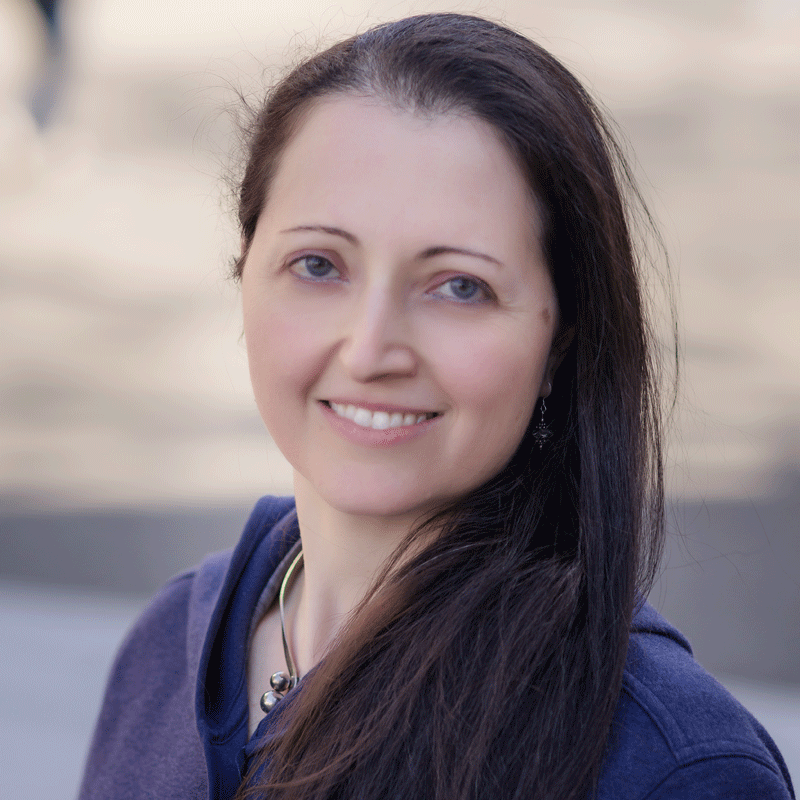February 3, 2021 Tools like Google Directions and OneBusAway give up-to-date travel and transit information to make regional transit easier for most. But mobility applications focus on efficiency and shortest paths, leaving out information critical to people with disabilities, older adults, and anybody needing more support. The Taskar Center for Accessible Technology, led by CREATE Associate Director for Translation Anat Caspi, and the UW’s Washington State Transportation Center will work with Microsoft, Google, the Washington Department of Transportation and other…
Tag: Taskar Center
With AI and other tech, Anat Caspi focuses on helping people with disabilities

The Seattle Times | August 4, 2019 In her role as the director of the University of Washington’s Taskar Center for Accessible Technology, Caspi creates technology focused on people with disabilities such as motor limitations, in many instances applying artificial intelligence (AI). “It’s really about treating people as humans with different needs and preferences,” she said as a cyclist passing by rang a bell. She sees the mapping of pedestrian infrastructure — walkways, sidewalks, overpasses, underpasses and trails — as a necessary…
Anat Caspi, Director for Translation

I am interested in exploring ways in which collaborative commons and cooperation can challenge and transform the current economics of assistive technology and incentivize rapid development and deployment of ethically built accessible technologies. My research focuses on engineering machine intelligent solutions for customizable real-time, responsive technologies in the context of work, play and urban street environments. Affiliations: Affiliate Assistant Professor, Electrical & Computer Engineering Director and co-founder, Taskar Center for Accessible Technology Contact Caspi faculty page uwtcat@uw.edu Research highlights Equity…